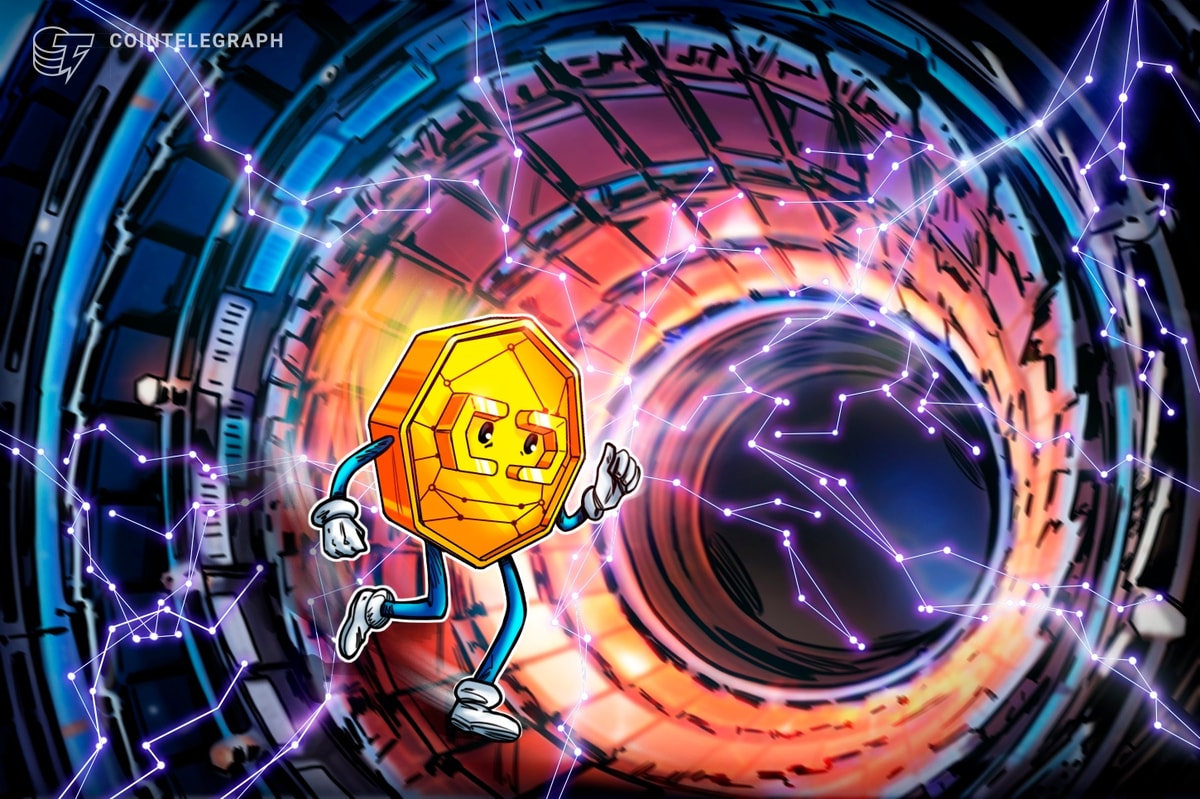Tech giant Microsoft has announced the debut of its new quantum computing chip, Majorana 1, after nearly 20 years of research.
News
Microsoft unveiled its first quantum computing chip on Feb. 19, joining a suite of other companies pursuing the technology that could one day threaten cryptocurrencies.
Microsoft’s Majorana 1 is built from a mix of semiconductors and superconductors and, according to the company, uses a matter different than the three commonly known — solid, gas and liquid. According to Satya Nadella, chairman and CEO of Microsoft, this breakthrough will allow a quantum computer to be created in years rather than decades.
In an interview with Bloomberg, Microsoft executive vice president Jason Zander noted that the theory first introduced in 1937 is now ready for practical use. “It’s taken us nearly a hundred years to prove it. Now we can harness it.”
Source: Satya Nadella
Microsoft’s findings were published in the academic journal Nature on Feb. 19. Nature publishes peer-reviewed research about science and technology. Some speculate that the new chip could eventually advance fields like chemistry and healthcare or be used to power data centers.
Related: Microsoft breakthrough signals quantum-exclusive future for blockchain mining
Quantum chips process information differently than the chips of normal computers, which use bits encoded as either a zero or a one. Quantum bits, or qubits, represent a zero or a one or appear as both. This flexibility allows for qubits to consider different probabilities simultaneously, finding solutions to problems at a speed much faster than traditional computers.
Microsoft began working on the project in the early 2000s, and it is considered the longest-running research and development project within the company.
Could quantum computing, such as the Majorana 1 chip, threaten crypto?
Quantum computing, in general, could pose a threat to cryptocurrency down the road. Google’s Willow quantum chip generated some conversation in crypto circles after it was announced in December 2024.
As Cointelegraph Magazine reported, a key concern is that a sufficiently advanced quantum computer would be able to break certain types of cryptography, affecting Bitcoin (BTC) and other cryptocurrencies. For instance, someone could execute a 51% attack by mining Bitcoin with a quantum computer or guessing an at-risk wallet’s private key.
“The history of cryptography is one of change and adoption to new attacks, faster computers and better algorithms,” Bitcoin researcher Ethan Heilman told Cointelegraph Magazine. “So, the grand challenge for those working on Bitcoin cryptography is: How do you protect coins over decades or even centuries, given the mercurial nature of cryptographic security?”
For crypto enthusiasts, there may be ways to protect tokens in the event a quantum computer is developed, even if legacy coins like Bitcoin and Ether (ETH) become threatened. Having a multisignature wallet, moving crypto to offline storage, and even switching to a quantum-computing-resistant crypto wallet could help.
Related: Is quantum computing a threat to your crypto portfolio?
This article first appeared at Cointelegraph.com News


